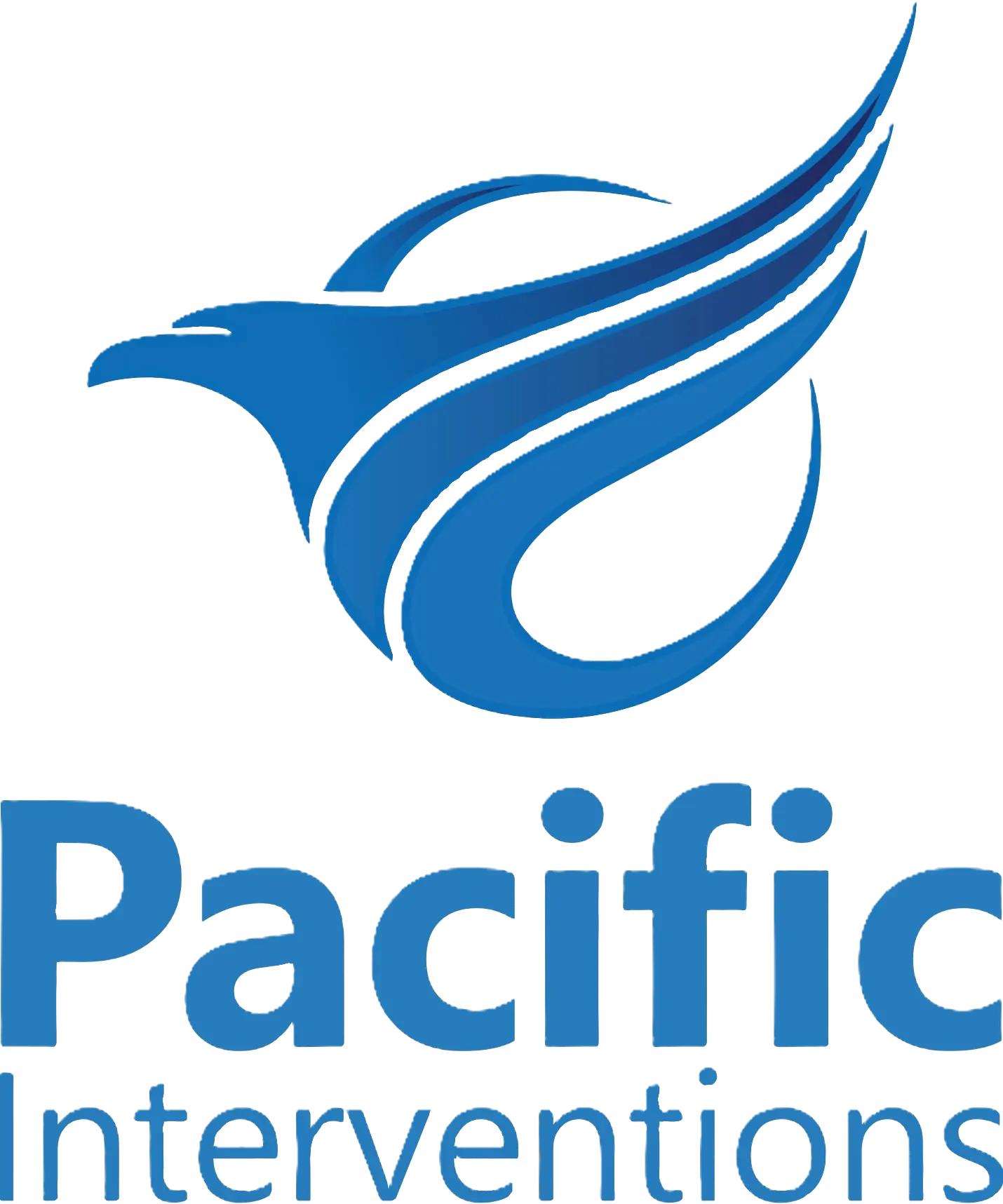Those who are addicted to cocaine may find that the withdrawal process is quite tricky. Many people who are trying to break their dependence wonder what helps with cocaine withdrawal. For those seeking to recover from cocaine, it is essential to comprehend the process and the available treatments.
This post will look at several proven methods and treatments. We’ll also explore the effects of cocaine on the body, the typical withdrawal symptoms, and the duration of withdrawal. Readers will gain insights into medical detoxification procedures, behavioural therapies, and approaches vital to supporting individuals through this arduous journey.

How Does Cocaine Affect the Body?
The effects of cocaine on the body are substantial. This white powder can be injected, smoked, rubbed on the gums, or snorted. A variety of ways are impacted. Cocaine increases the release of the feel-good chemical dopamine and speeds up brain activity—an increase in joy, vitality, and awareness results from this.
The drug’s effects happen quickly but don’t last long. Depending on how it is used, they can last anywhere from a few minutes to an hour. Physical responses include blood vessels constricting, body temperature rising, heart rate increasing, and blood pressure rising. People who use it may feel less need to eat and sleep.
Long-term use can cause significant health problems, such as heart issues, lung damage, and issues with the nervous system. Because cocaine changes the brain’s reward system, it is very likely to lead to addiction. It is also very addictive, both chemically and mentally.

All About Cocaine Withdrawal Symptoms
Cocaine withdrawal occurs when an individual who has used cocaine regularly reduces or stops their intake. Symptoms can manifest even if some cocaine remains in the bloodstream. The severity and duration of withdrawal symptoms vary among individuals, influenced by factors such as age, general health, amount and duration of cocaine use, and route of administration.
Physical Symptoms
Common physical symptoms include fatigue, increased appetite, and slowed thoughts and movements. Some individuals may experience changes in sleep patterns, such as hypersomnia (increased sleeping). An increased heart rate and high blood pressure might require medical attention in severe cases.
Psychological Symptoms
Common psychological symptoms include irritation, depression, anxiety, and poor focus. Vivid, unpleasant dreams are also common. Many people have intense cravings for cocaine, and these desires can last for months, even after they discontinue significant, prolonged use. Suicidal thoughts may occasionally accompany withdrawal.
Severity and Duration
Usually starting 24 hours after the last use, acute withdrawal symptoms continue for 3–5 days. On the other hand, some people could go through prolonged withdrawal, exhibiting symptoms that last for several weeks. Some people relapse into using it as a means of easing their agony due to the extreme severity of withdrawal.

Medical Treatment Process in Cocaine Withdrawal
An essential component of cocaine withdrawal treatment is medical detoxification. It helps people carefully manage their withdrawal symptoms under the guidance of a specialist. Usually, the procedure entails round-the-clock medical attention to monitor vital signs and address potential issues.
Inpatient vs. Outpatient Detox
Patients undergoing inpatient detoxification can concentrate exclusively on their recovery in a monitored setting. Although more flexible, outpatient detox calls for frequent trips to a treatment center for check-ups and medication delivery. The degree of addiction and the demands of the individual determine which option is best.
Medications Used
Several treatments show promise, but there are no FDA-approved pharmaceuticals specifically for cocaine withdrawal. Propranolol is one beta-blocker that may help lessen withdrawal-related anxiety and cravings. Additionally, by reducing the rewarding effects of cocaine, these drugs may facilitate recovery.
24/7 Medical Supervision
Continuous medical supervision throughout detox reduces the risk of relapse and treats severe symptoms. Medical specialists can ensure a safer and more comfortable detoxification process by providing the essential drugs and skills to ease cravings and withdrawals.

Behavioural Treatments for Cocaine Withdrawal
When trying to help someone with cocaine withdrawal, behavioural treatments are essential. These techniques help people change the way they think and act to beat addiction. One helpful method is contingent management (CM), which sees drug use as a behaviour that is maintained by the drug’s stimulating effects. Once a client has proven they are not using drugs, CM sets up their environment to see if they are using and gives them positive reinforcements for not using.

Complete Methods for Managing Withdrawal
To handle withdrawal well, you need to stop using the drug and use supportive treatments like therapy and medication. Specific strategies tailored to each person’s needs can significantly reduce withdrawal symptoms and improve long-term recovery outcomes. Also, there are some proven methods for managing withdrawal:
Nutrition and Hydration
How to handle withdrawal symptoms in the best way possible: A healthy diet is an essential part of dealing with cocaine withdrawal. You can reduce your symptoms by eating a variety of foods high in protein, complex carbs, and healthy fats. Some things are good for you, like nuts, whole grains, vegetables, fish, lean meats, and more. Dehydration is common during healing, so staying hydrated is also very important. Eating well-balanced meals regularly might help keep your mood in check and reduce cravings.
Exercise and Physical Activity
Working out has shown promise as a way to help people who are addicted to drugs without using drugs. A lot of exercise can help you stay clean by lowering your cravings and withdrawal symptoms. Studies show that exercise in the early stages of quitting cocaine may help protect against relapse in the long run. It is always best to check with a healthcare professional before embarking on an exercise routine. In early recovery, this is critical for your safety.
Mindfulness and Relaxation Techniques
Mindfulness training is a promising strategy for substance use disorders and relapse prevention. It entails developing present-centred, nonjudgmental awareness of feelings, ideas, and experiences. Mindfulness techniques, such as open monitoring meditation and focused attention, can help people take charge of their natural substance use habits. By promoting positive emotions and raising awareness of high-risk situations, these strategies may also help prevent relapses.
In Closing
Overcoming cocaine addiction is a challenging but achievable journey that requires a comprehensive approach. By combining medical detoxification, behavioural therapies, and holistic practices like proper nutrition, exercise, and mindfulness, individuals can effectively manage withdrawal symptoms and build a strong foundation for long-term recovery.
It’s important to remember that while withdrawal can be difficult, with the proper support and proven methods, a healthy, drug-free life is within reach. Commitment to the recovery process and seeking professional help are key steps in reclaiming control and moving toward lasting sobriety.
FAQs
1. What are the first signs of cocaine withdrawal?
The first signs of cocaine withdrawal typically include fatigue, increased appetite, irritability, and intense cravings for the drug. These symptoms usually begin within 24 hours of the last use.
2. How long does cocaine withdrawal last?
Acute withdrawal symptoms generally last between 3 and 5 days. However, some symptoms, such as mood swings and cravings, can persist for several weeks or even months, depending on the individual’s history of use.
3. Can you detox from cocaine at home?
Detoxing from cocaine at home is not recommended due to the potential severity of withdrawal symptoms. Medical supervision is often necessary to manage these symptoms safely and to reduce the risk of relapse.



